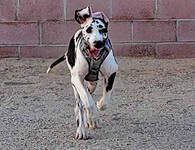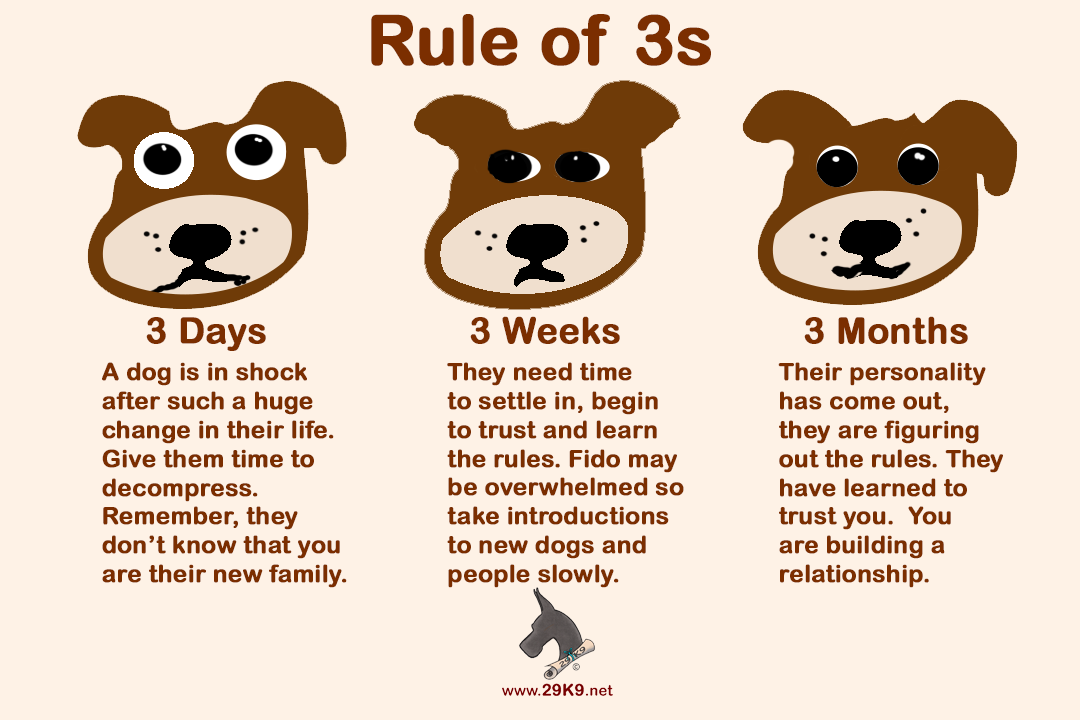 Does your dog have a reliable recall? Many don't and most dogs only respond when they want to. When a puppy or rescue comes home they often will follow us around and recall doesn't seem necessary until they begin to get a little more interested in the environment. They will appear to develop selective hearing, at least part of the time anyway. There are some easy steps to developing a reliable recall. It also is a matter of safety that your dog will respond. How do you build a solid and reliable recall in your dog? Easier and a lot more fun than you think. Here are some tips:
0 Comments
Puppy Insanity. This is RuhRoh, our newest baby. Today she turns 13 weeks old. What have we been working on at home? She came from a great breeder who uses Puppy Culture to raise her puppies. Thanks to that RuhRoh arrived with an excellent sit already in her repertoire. We built on that sit to get some nice waits. Wait before eating, wait before coming out of her crate and after, before going outside, basically a wait anywhere that her puppy craziness might take over.
We’ve all seen the stories of the shelter dog who finally finds his person and they live happily ever after in perfect harmony. Unfortunately, this is not the norm. When a dog ends up in a shelter they have suddenly lost their family with no idea why. The reason doesn’t matter because the dog does not know that reason, just that his home and family are gone. The rescue or shelter may be amazing but it is not their home.
It can be very hard for a dog to adjust to shelter life. Staff and volunteers come and go, as do the dogs around them. They can hear other dogs barking, sometimes in fear, as well as smell the disinfectants. They don’t know what is going to happen from one moment to the next as they are moved from one kennel to another to a play yard with strange dogs. When a person or family makes the decision to adopt the dog they are then thrown in to another new place with new people and maybe even new dogs. This also applies to the "rehomed" dog. Be patient. You will want to show off our new family member but please remember that Fido’s world has been turned upside down and he needs time to decompress and adjust. Supervision is very important to make sure he doesn’t escape his new home and is safe with the new people and pets in his life. Dogs do not generalize behaviors to all locations unless taught. They may have been house trained but that doesn’t mean they are trained to your house. They may have had a doggy door which allowed them free access. Set up a way for the dog to tell you they have to go by using a bell hanging from the door. Take them out frequently, ringing the bell before you open the door. Soon Fido will be ringing the bell to let you know. For the first three weeks your new dog is building his trust in you and learning some of the family rules. Separate Fido from children and other pets when you are not there to actively supervise. What may be normal activity in your home may not be something he is familiar with and may cause fear. He needs time to process and learn the family rules. Now is not the time to take him to the dog park. You will start to see his personality come out. You may also see some challenges that need to be addressed with a positive reinforcement trainer. It takes about 3 months for most dogs to fully adjust. Fido may need a trainer to help him learn how to follow family rules, social skills, leash training and safely introducing to new dogs and environments. Adding lots of enrichment can help him learn to settle and keep him out of trouble. A great resource for bringing home an adult dog is Patricia McConnell, PhD book Love Has No Age Limit, Welcoming an Adult Dog Into Your Home. She discusses the Rule of 3s and how to apply it to making your new family member feel welcome and wanted. |
Ronda WarywodaCPDT-KA, UW-AAB Categories
All
Archives
July 2023
|


